What Are Sweat Shorts?
Sweat shorts represent the evolution of comfortwear — the point where athletic performance and everyday minimalism meet. In 2025, these shorts have become an international staple for lifestyle brands, activewear lines, and fashion-conscious consumers. Built from breathable fabrics and designed for movement, they combine the softness of sweatpants with a versatile silhouette that fits gym sessions, weekend lounging, and casual citywear.
Redefining Everyday Comfort
Unlike basic cotton shorts, sweat shorts use elevated materials like French terry, fleece, and organic cotton to deliver long-term comfort and structure. They embody the essence of modern athleisure: soft textures, refined tailoring, and design versatility. The best part? They work just as well for a post-workout cool-down as they do paired with an oversized T-shirt or an athleisure hoodie from your brand’s capsule line.
According to Google Trends data, searches for “custom sweat shorts” surged by 35% in 2025, reflecting a growing appetite for versatile apparel that blends performance and personalization. For brands building in the athleisure or streetwear space, sweat shorts are now a non-negotiable essential.

Why Brands Are Investing in Custom Sweat Shorts
1. Comfort Meets Identity
Athleisure brands are built around comfort — but great design goes beyond softness. Sweat shorts crafted from midweight terry or structured fleece maintain their shape even after repeated washing. They also allow brands to tell a story through fit, details, and trims. A perfect example is when soft French terry pairs with clean flatlock seams and custom-embroidered logos — instantly creating a signature look that communicates lifestyle and identity.
2. Year-Round Demand
Unlike typical seasonal pieces, sweat shorts transition seamlessly from summer resortwear to cooler seasons. By adjusting GSM (grams per square meter) and fabric density, manufacturers in Portugal can produce versions suited for every climate. This makes them a favorite among lifestyle and fitness labels building year-round collections.
3. European Manufacturing Reliability
Choosing Portugal’s premium manufacturing base ensures brands receive both craftsmanship and transparency. Partner factories in Braga and Porto specialize in low-MOQ production (100–250 pieces), giving startups the flexibility to scale sustainably. Communication is direct, lead times average just 4–6 weeks, and ethical standards align with EU certifications like GOTS and OEKO-TEX®.
Fabric Innovation Behind Sweat Shorts
Each fabric tells a story — not just in texture, but in purpose. French terry, for example, delivers breathability and structure. Fleece adds plush insulation for cooler climates. Organic cotton resonates with eco-conscious consumers seeking sustainable options. In 2025, brands increasingly experiment with recycled polyester blends, giving performance wear a sustainable edge while maintaining stretch and durability.
Athleisure Basics offers over 40 verified blends, ensuring that brands can fine-tune their collection’s weight, stretch, and finish. Whether developing premium blanks or custom streetwear pieces, fabric choice defines both comfort and brand perception.
Design & Customization Options
Custom sweat shorts serve as a blank canvas for creative expression. Athleisure Basics helps brands translate sketches or tech packs into production-ready garments, simplifying the design-to-market process. The flexibility in customization empowers both small startups and established fashion labels to differentiate through detail.
Fit & Silhouette
Fit defines function. Classic fits remain versatile for daily wear, slim fits attract minimalist collections, and oversized silhouettes dominate modern streetwear — mirroring global style trends in relaxed fashion.
Waistband Styles & Pockets
From elastic waistbands with branded aglets to hidden zip pockets and utility panels, design details elevate perception. A well-constructed waistband not only enhances comfort but becomes a statement feature for premium collections.
Branding & Decoration Techniques
Decoration transforms a blank garment into an extension of brand identity. Techniques such as 3D embroidery, silicone printing, DTG (Direct-to-Garment) prints, and woven labels create multiple design directions. For inspiration, see this guide on customizable blanks — showcasing how personalization drives engagement and repeat sales.
Portugal: The Heart of Premium Sweat Shorts Manufacturing
Portugal remains one of Europe’s leading hubs for premium clothing production — from low MOQ manufacturing to eco-certified materials. Unlike many Asian production centers, Portuguese factories blend modern technology with traditional textile expertise, ensuring small-batch flexibility and fast communication.
Factories in northern Portugal, particularly in Braga and Porto, specialize in sustainable knitwear and terry production. Their teams manage every stage — fabric sourcing, pattern cutting, stitching, and finishing — maintaining a level of quality that has helped Portugal earn its reputation as the “European benchmark for premium activewear manufacturing.”
Brands benefit not only from quality but from logistics efficiency. A 5–7 day delivery window within the EU shortens the time from production to store launch, allowing for faster trend response and limited-edition capsule drops.
Eco-Friendly and Transparent Production
Modern consumers expect transparency. Athleisure Basics’ approach to sustainability extends beyond fabric sourcing — it’s embedded in every process. Through digital material tracking, carbon offset options, and the Zero Waste Cutting Program, the company ensures minimal environmental impact. Recycled offcuts are transformed into accessories or blended yarns, reducing waste while adding new revenue streams for brands that promote sustainable storytelling.
To learn how sustainability enhances brand credibility, explore why sustainable suppliers are shaping the future of apparel.
Cost and Scalability Insights
With low minimum order quantities and manageable pricing, custom sweat shorts production in Portugal offers an accessible entry point for new labels. On average, brands can expect unit prices between €14–€22 depending on material and GSM — a cost that balances quality with profitability. When compared to longer lead times and higher freight costs from Asian markets, Portugal remains an efficient alternative for growing DTC and boutique brands.
Global Market Outlook for 2025
According to Statista, the sweat shorts market is projected to reach $2.4 billion by 2026, growing at 5.8% annually. With consumers prioritizing comfort-driven design, sweat shorts are expanding beyond sportswear into luxury and streetwear collections. Their rise reflects broader cultural shifts — from remote work comfort to the global embrace of athleisure.
For inspiration on positioning, check out the latest athleisure market analysis — exploring how brands blend style, performance, and storytelling to capture modern audiences.
FAQs About Manufacturing in Portugal
Why is Portugal preferred for manufacturing premium sweat shorts?
Portugal’s textile industry combines craftsmanship, short lead times, and ethical production. Unlike mass production in Asia, Portuguese factories specialize in high-quality small batches with transparent supply chains. This balance makes it ideal for brands seeking to maintain premium quality and sustainability.
What is the average lead time for sweat shorts production in Portugal?
Lead times typically range from 4–6 weeks, depending on fabric choice and order volume. This allows brands to plan seasonal launches efficiently without long production delays.
Do Portuguese manufacturers accept low MOQs?
Yes. One of Portugal’s advantages is flexibility — many factories accept minimums as low as 100–150 pieces per style, perfect for startups and boutique labels.
Are Portuguese textile factories sustainable?
Most factories are certified under EU standards such as GOTS and OEKO-TEX®, ensuring responsible sourcing, safe dyeing processes, and eco-friendly waste management.
FAQs About Fabrics and Materials
What’s the best fabric for high-quality sweat shorts?
French terry and organic cotton blends are the top choices for softness, breathability, and durability. For activewear collections, recycled polyester blends offer stretch and quick-drying performance.
What’s the difference between French terry and fleece?
French terry has a smooth exterior and looped interior, ideal for midweight comfort, while fleece is brushed for extra warmth — perfect for cooler climates or winter collections.
How does GSM affect fabric quality?
GSM measures fabric density. Lightweight fabrics (200–300 GSM) suit summer wear, while heavyweight terry (400–500 GSM) creates structured, luxury silhouettes.
Can I request custom fabric blends?
Yes. Athleisure Basics offers over 40 verified fabric blends, allowing full customization of composition, stretch, and texture to match your brand’s needs.
FAQs About Customization and Branding
How can brands customize their sweat shorts?
Customization includes fit, stitching, pocket design, waistband type, drawcord tips, and decoration methods like embroidery or silicone print. Each detail contributes to a distinct brand identity.
Do you provide design assistance for new brands?
Yes. Athleisure Basics supports startups through tech pack development, sample creation, and full design consultation — ensuring your ideas translate into premium garments.
Which decoration method lasts the longest?
3D embroidery and woven labels are the most durable, maintaining structure and color even after repeated washing. They’re ideal for high-end streetwear and resortwear lines.
Can brands order matching sweatshirts or hoodies?
Absolutely. Many brands produce cohesive capsule collections. Explore related options in custom hoodies or custom sweatshirts to complete your line.
Conclusion
Sweat shorts are no longer a niche item — they represent a movement in modern fashion. By merging sustainability, comfort, and identity, they capture the essence of how today’s consumers want to dress. With Portuguese craftsmanship, ethical production, and boundless customization options, brands partnering with Athleisure Basics position themselves at the forefront of the premium athleisure market.
To explore how your brand can create its own signature sweat shorts collection, contact Athleisure Basics’ white-label specialists in Portugal.
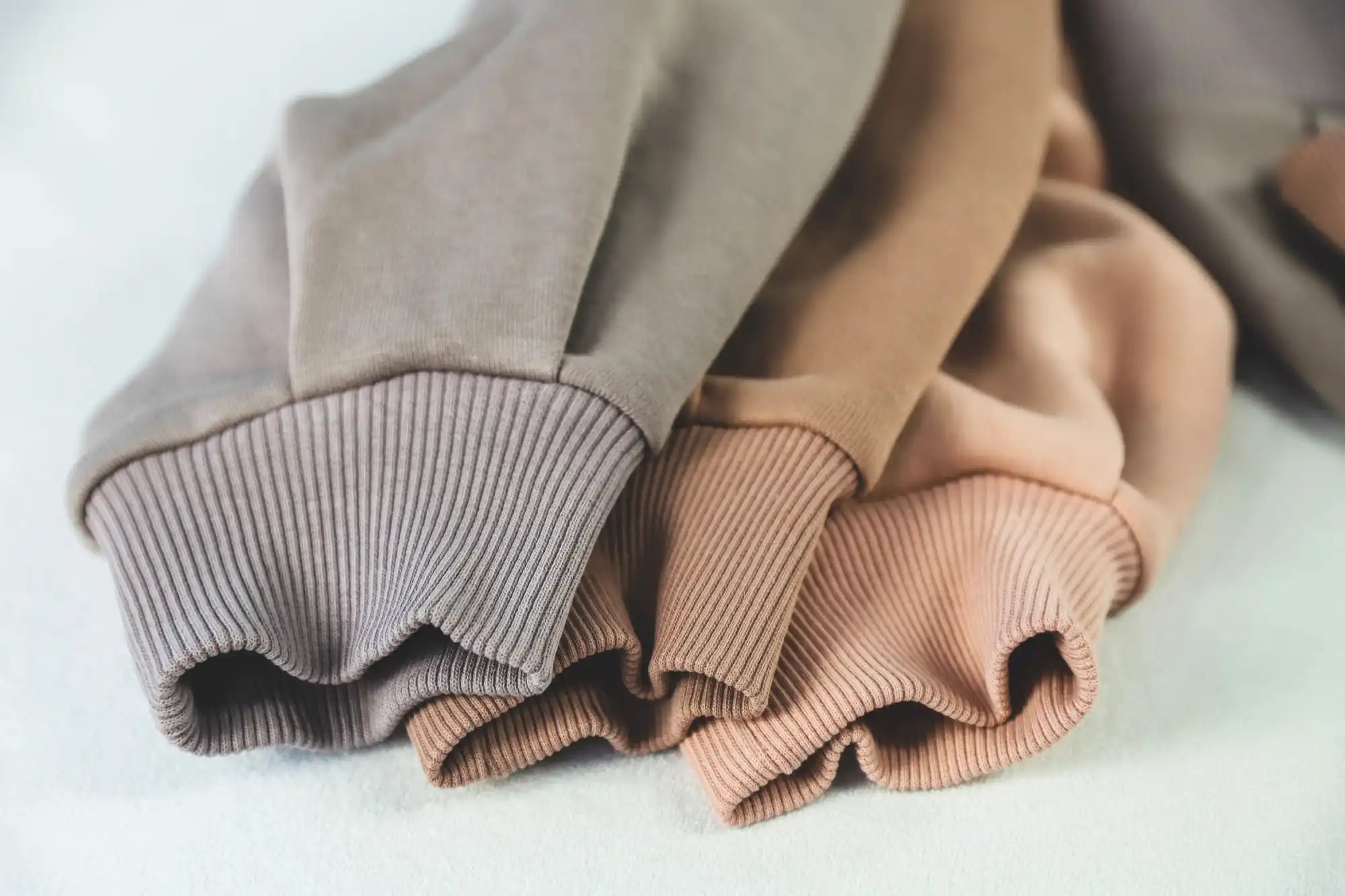
Materials & Fabrics for Clothing Production
Explore cotton, French terry, jersey, fleece, and sustainable blends used in premium apparel manufacturing.
Explore Premium Apparel Fabrics Guide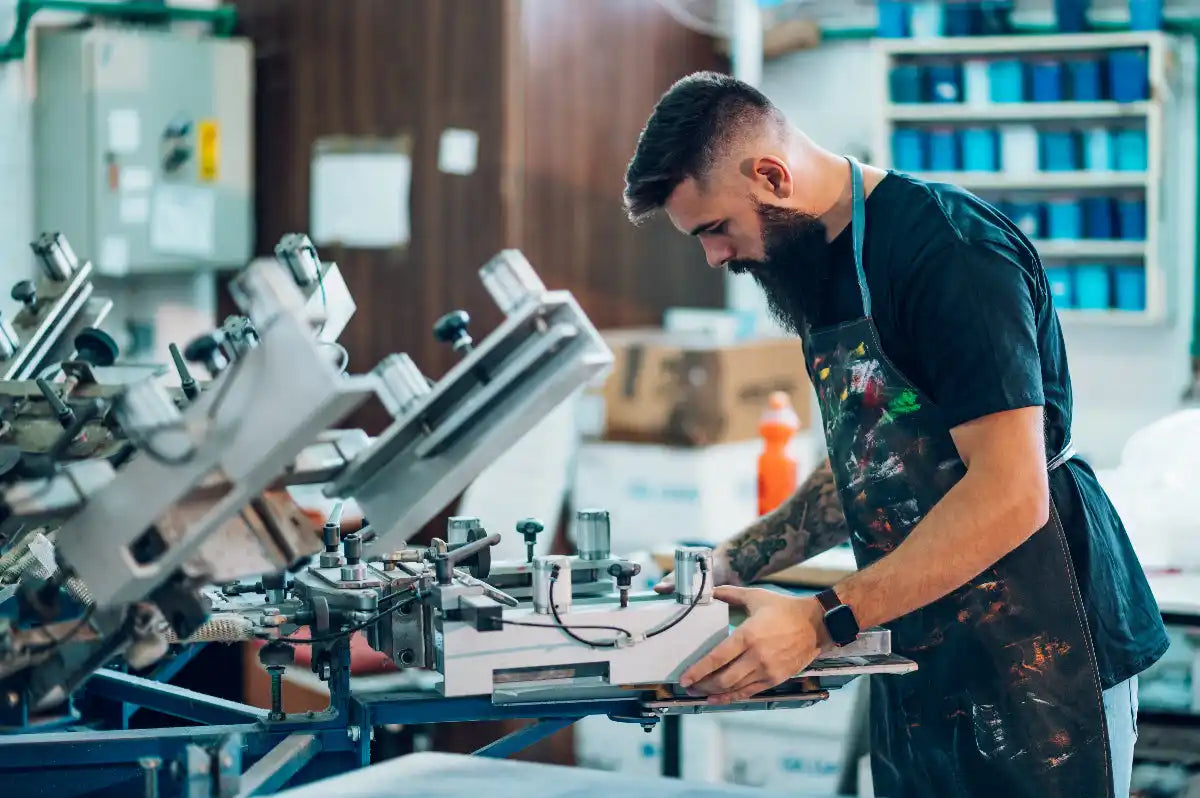
Printing Techniques for Apparel Production
Screen printing, embroidery, puff prints, and digital methods for custom clothing manufacturing.
Explore Custom Apparel Printing Techniques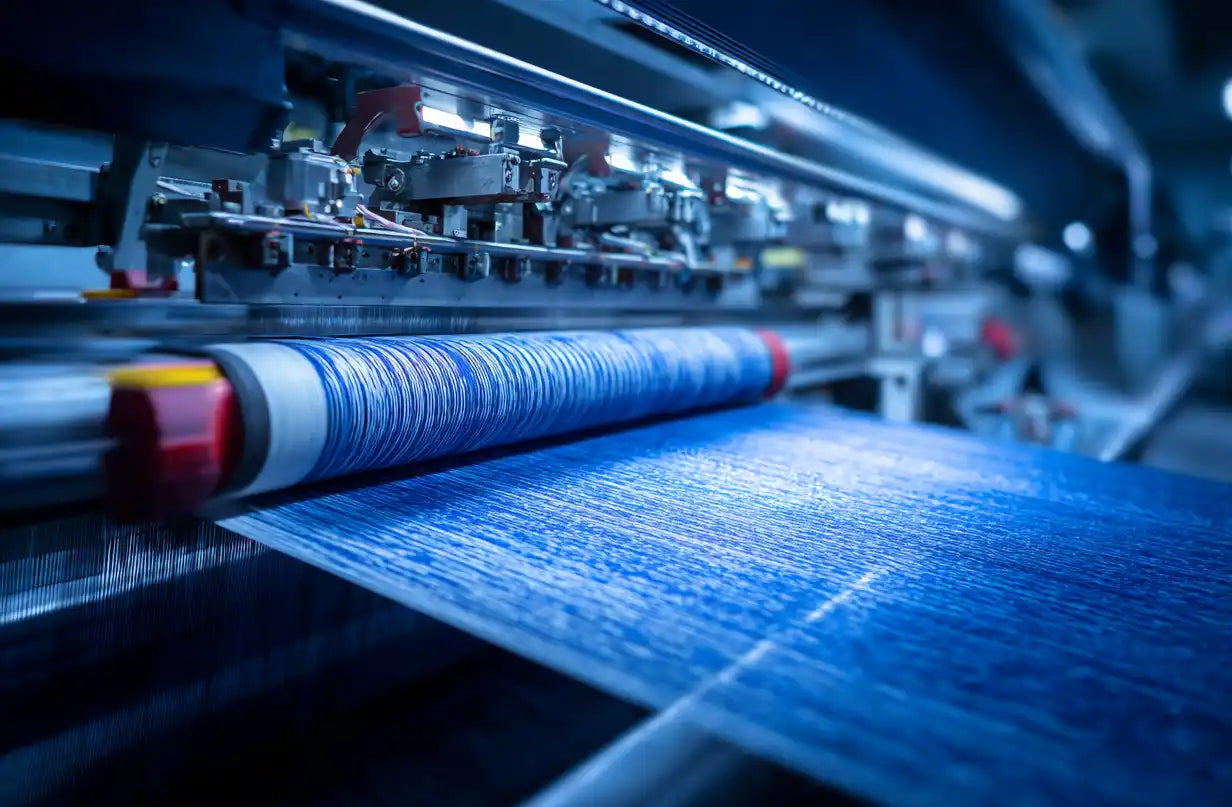
Dyeing Techniques in Clothing Manufacturing
Garment dye, pigment, acid wash, and stone wash finishes that create unique apparel designs.
Compare Apparel Finishing Techniques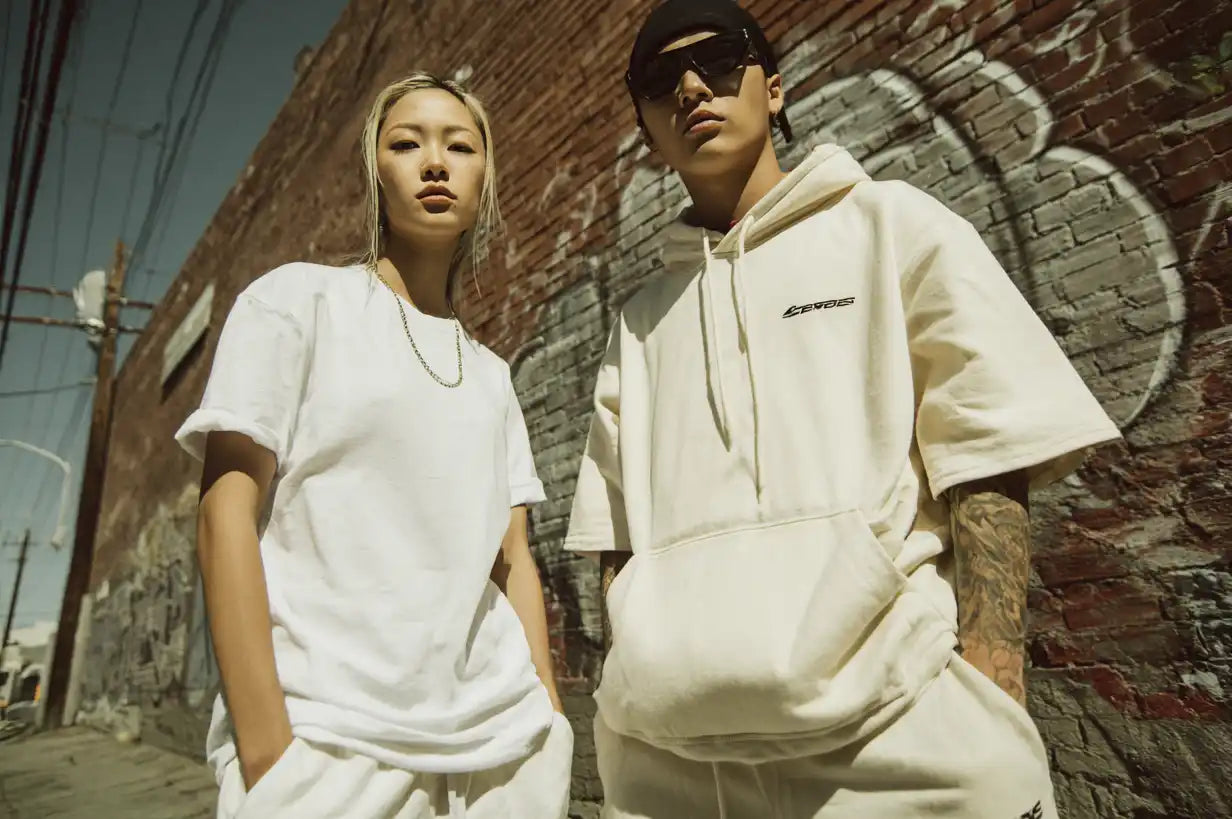
Popular Clothing Items for Custom Apparel
Hoodies, joggers, t-shirts, leggings, and biker shorts — essentials for every apparel collection.
Explore Popular Custom Clothing Items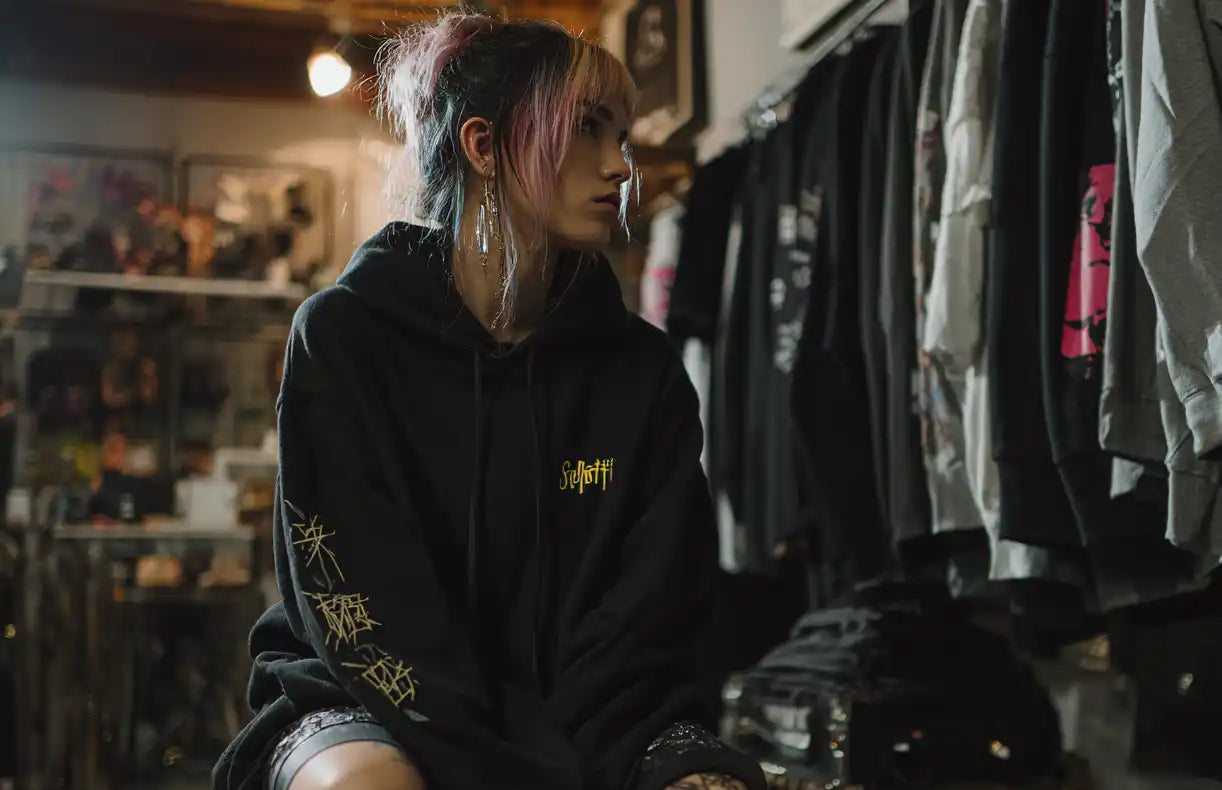
Trends & Designs in Modern Apparel
Oversized fits, streetwear influences, and activewear styles driving custom clothing production.
Explore Trends & Designs for Apparel Development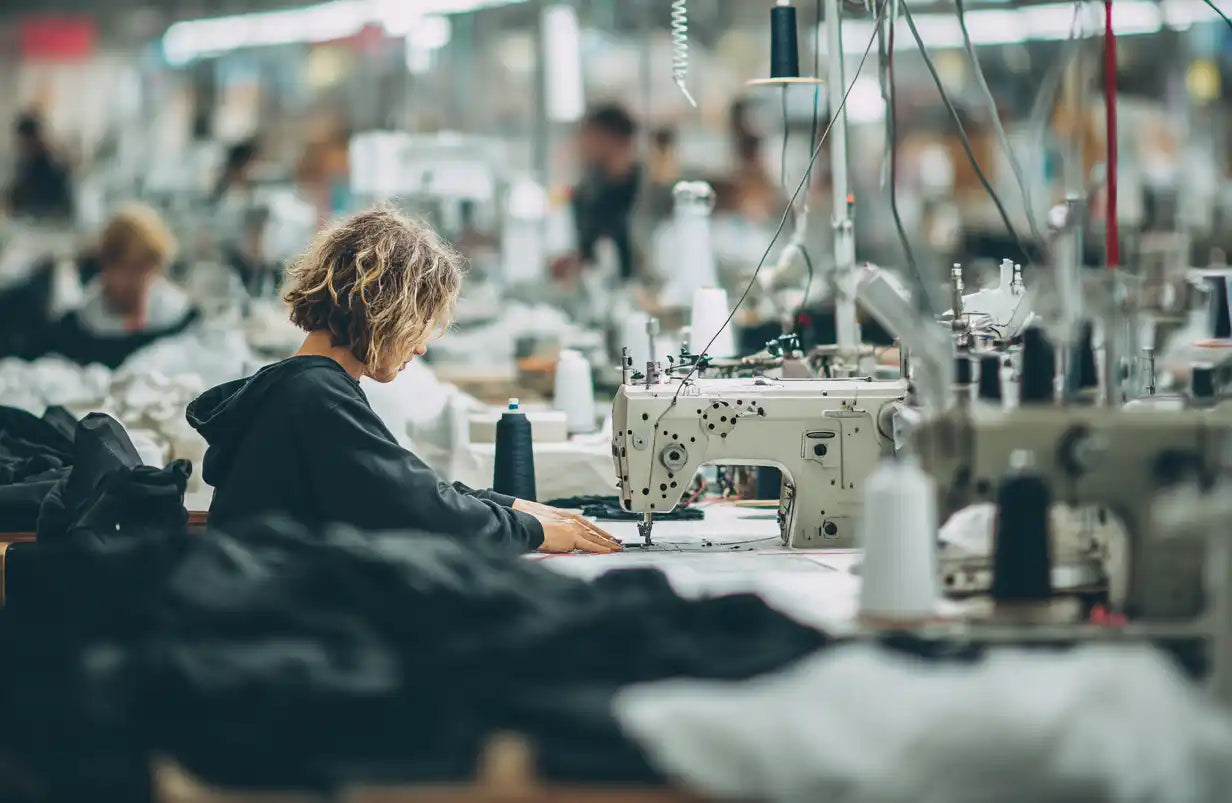
Sustainable & Ethical Clothing Production
OEKO-TEX® certified fabrics, organic cotton, and ethical apparel manufacturing in Portugal.
Understand Sustainable & Ethical Clothing Production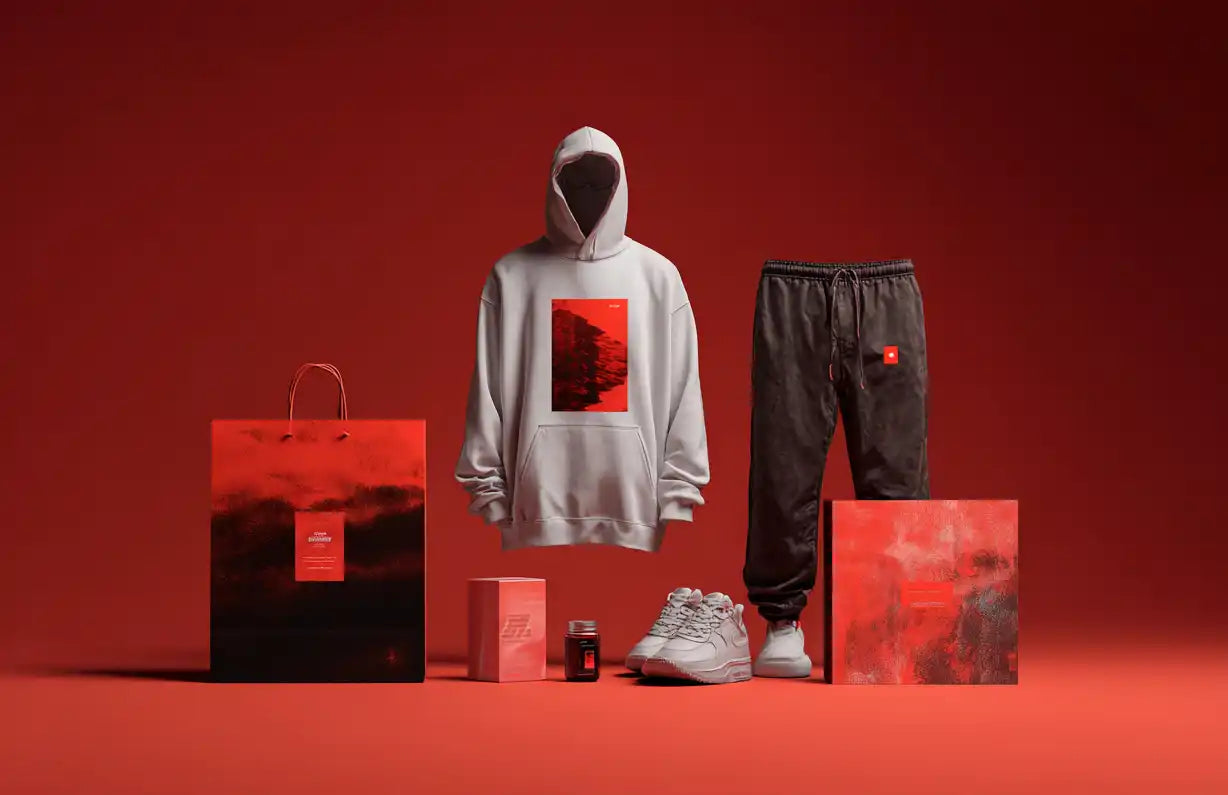
Essentials for Custom Clothing Production
Custom labels, packaging, and trims that elevate your apparel brand in production.
Explore Essentials for Custom Clothing Production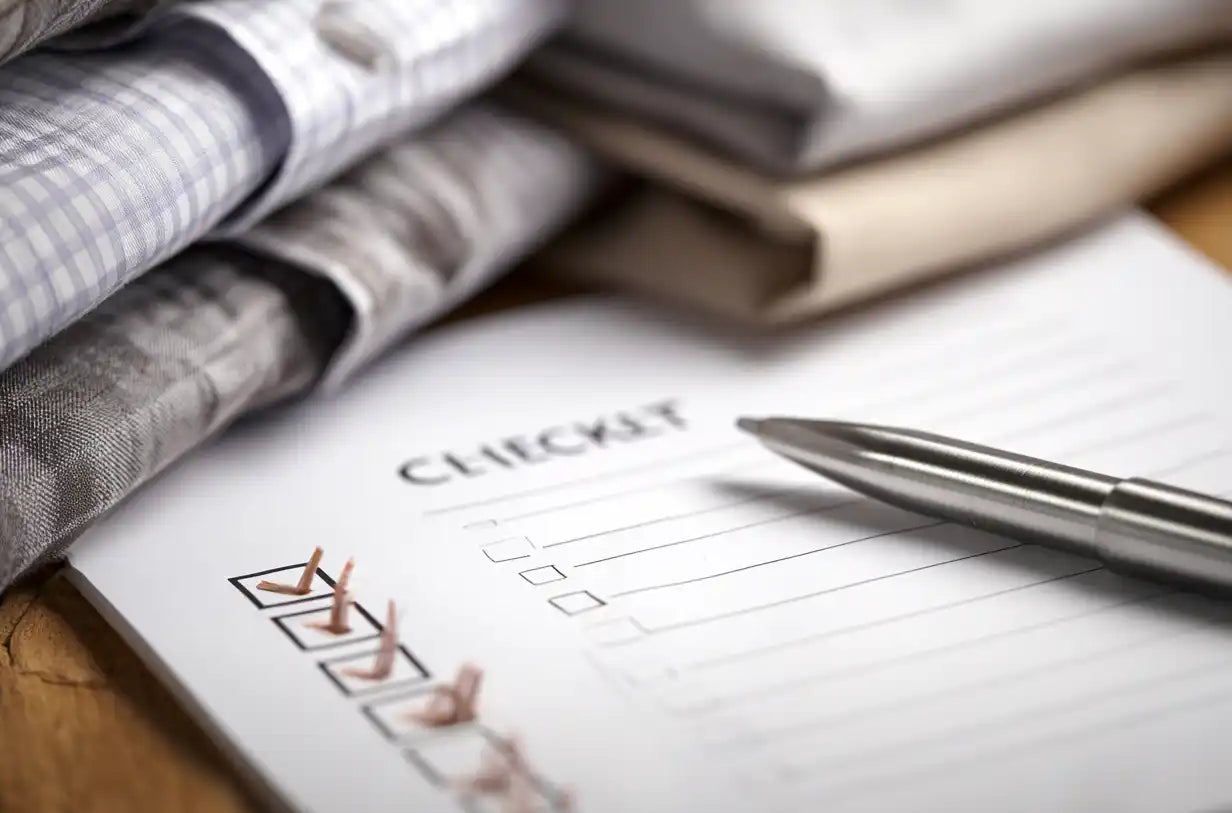
Resources for Custom Clothing Production
Startup guides, logistics support, and scaling strategies for apparel brands and wholesale clients.
Explore Resources for Custom Clothing Production
Clothing Manufacturing Glossary
Explore a complete glossary of clothing and garment manufacturing terms
The Complete Clothing Manufacturing Glossary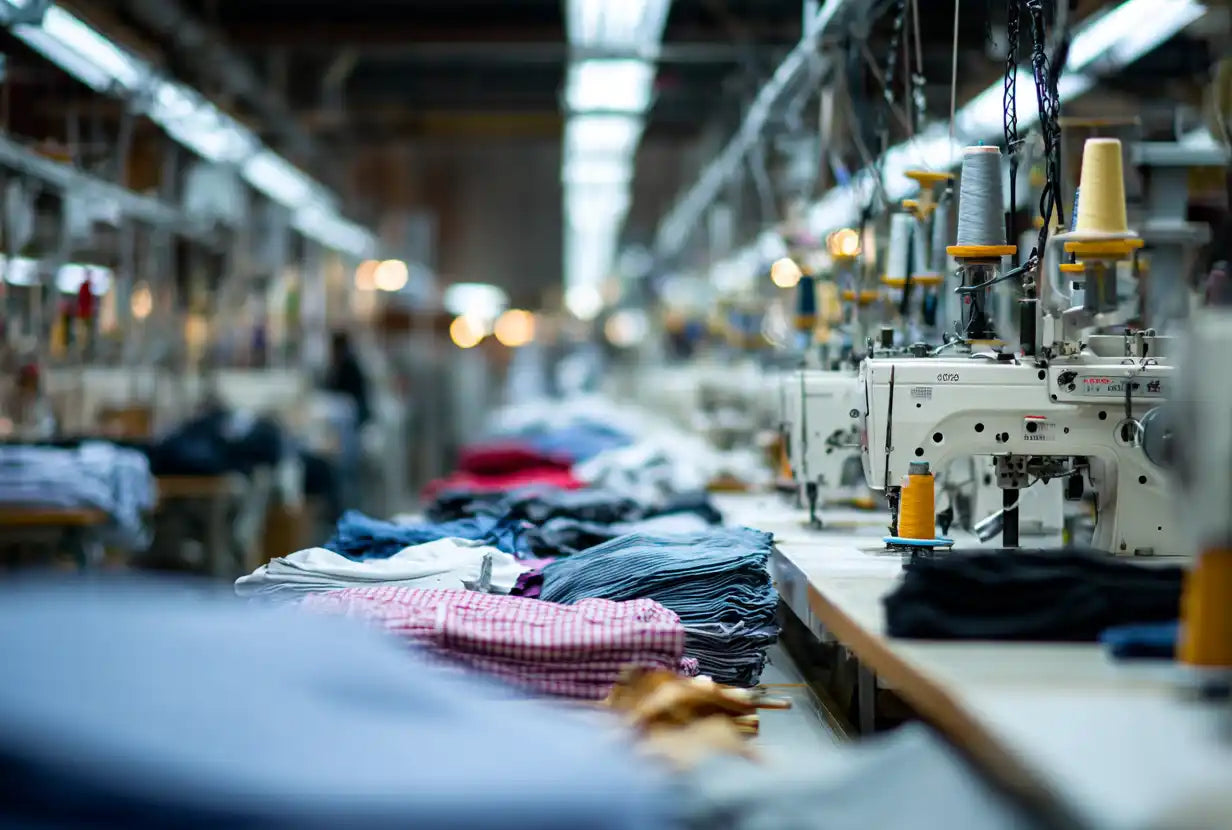
The Best Clothing Manufacturers
Explore global clothing manufacturers by country
Explore The Best Clothing Manufacturers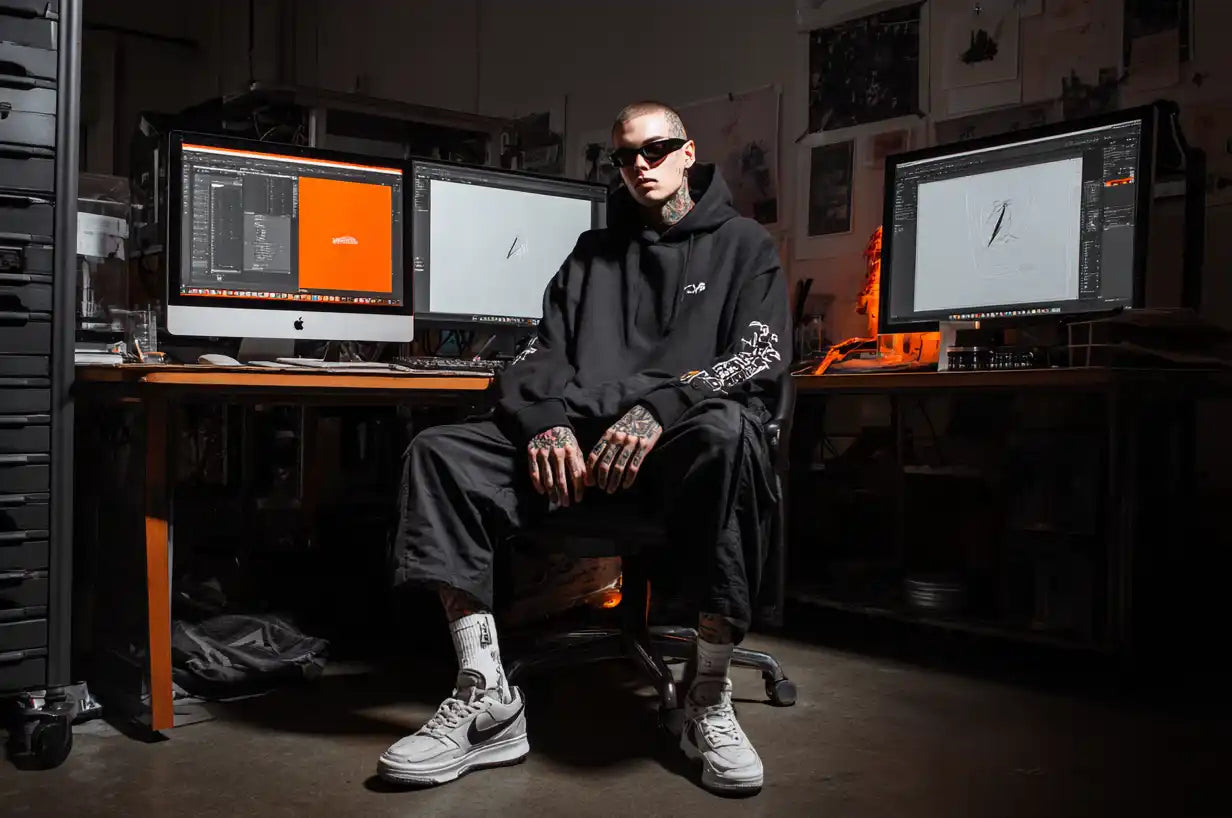
The Latest Clothing Industry Updates in 2025
Discover the latest news about important topics in the clothing industry in 2025,
Stay On Top Of Clothing Industry Updates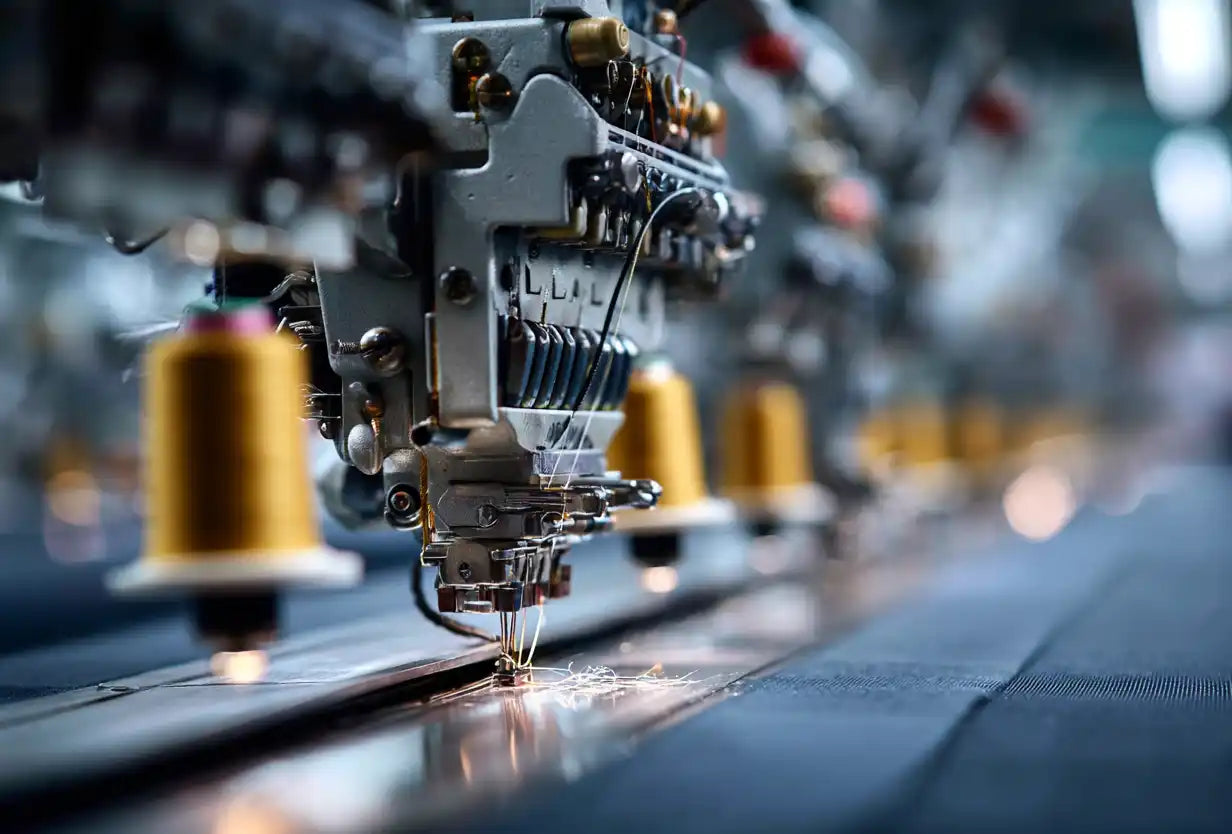
Worldwide Best Manufacturers of Clothes in 2026
Top clothing manufacturers worldwide organized by product type
Find The Worldwide Best Manufacturers of Clothes